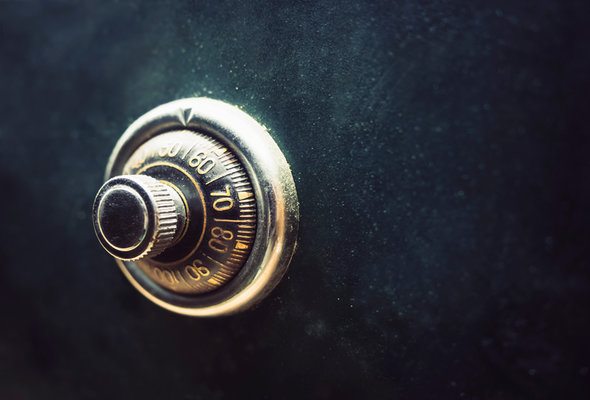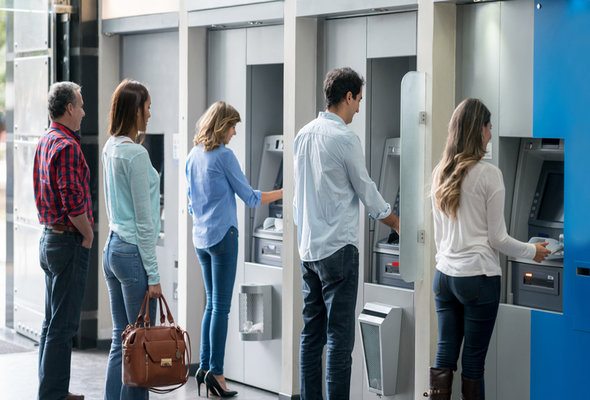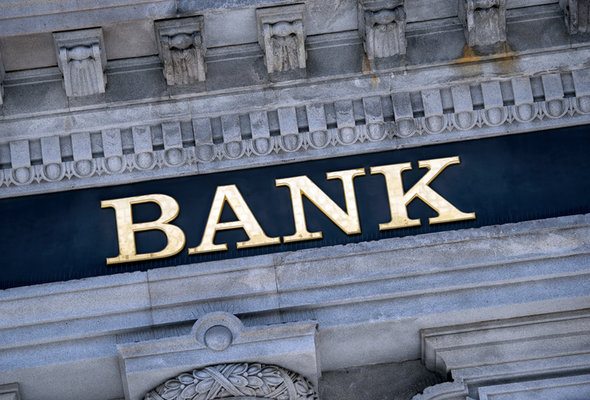Finding the best bank for your needs can be a little bit like picking out produce at the store. Even though all fruits look the same on the surface, you’re bound to uncover some major differences when you take a closer look. If you’re on the hunt for a new place to stash your hard-earned dollars, here are some things you’ll want to include on your must-have list. You can also work with a financial advisor who can advise you on the best financial institutions to use for your unique situation.
1. Products and Services That Fit Your Needs
Before you start comparing banks, identify what you’re looking for in terms of products and services. Do you only need a checking account or do you also want to be able to stash away money in savings? Would you like to be able to access your account online wherever you are or do you prefer to visit your local branch? Ideally, the bank you choose should be a good fit for your needs and your lifestyle.
Some of the things you might want to consider include the types of accounts a particular bank offers, and whether other products are available, such as certificates of deposit (CDs), home loans, insurance and financial planning services. You also need to think about what kind of options you’ll need for accessing your account. While online and mobile banking has grown in popularity, there are still some banks that don’t offer these services.
2. Security for Your Money

The whole point of putting your money in the bank is to keep it safe. If you’re worried about what could happen to your assets if the bank were to go belly-up, you need to choose one that’s protected by the government. The Federal Deposit Insurance Corporation (FDIC) is an independent agency that’s responsible for monitoring and regulating financial institutions. One of the most important tasks of the FDIC is to insure certain types of deposits held at banks.
Currently, the FDIC covers up to $250,000 per account but it’s important to note that not all financial instruments are protected. If you’ve got a checking account, savings account, money market account or certificate of deposit you’re covered. But things like stocks, bonds, mutual funds, annuities and insurance products are not covered. Not every bank or credit union falls under federal protection so when you’re shopping around, be sure to look for the FDIC-Insured sign.
3. Convenient Access to Your Cash

Knowing your money is safe in your bank account doesn’t count for much if you have trouble getting to it. If you think you’ll need to hit the ATM several times a week, you don’t want to have to drive all over town to find one or, worse, keep incurring costly ATM fees. Knowing where all of your bank’s branches and ATMs are located can give you an idea of how easy it will be to get your hands on your money when you need it.
This is especially important if you’re trying to choose between a bigger national bank and a smaller community bank or credit union. Credit unions, for example, tend to have branches and ATMs that are centralized in a specific area. If you’re having to use another bank’s machine all the time because you don’t live close to the credit union you could end up shelling out a lot of cash in fees.
4. Minimal Bank Fees
While there are still banks that offer them, free checking accounts are slowly becoming a thing of the past. With the economy still continuing its recovery, banks are increasingly relying on fees to help make money. If you’re not paying close attention, the different fees could easily take a big bite out of your cash flow.
Before you open any account you should ask to see a complete fee schedule. Depending on the bank, the types of fees you can expect may include an account opening fee, check writing fees, monthly maintenance fees, minimum balance fees, online or mobile banking access fees, bill payment fees, transfer fees and overdraft fees. If you do find a bank that offers free checking, take the time to read the fine print carefully to make sure it’s really free. Even if it’s just one or two dollars here and there it can add up faster than you realize.
Picking the right bank is an important decision that can have a major impact on your bottom line. Knowing what you do and don’t want from your banking experience can help you make the right choice.
Spend Time to Compare Your Options
Like any good relationship, there’s no need to rush. You should take the time to find the right partner who can provide you with what you need in order to save or grow your money. It’s important to review different banks so that you find one with the right products and lowest fees.
There are so many options available today if you don’t need a physical bank location nearby so there isn’t a shortage of options. Choosing the first one that might make sense isn’t doing your finances justice. You can, instead, take a step back and analyze each of your best options before moving forward with a bank that not only meets your needs today but that can hopefully grow with you over the next several years.
Online-Only Banks vs. Traditional Banks
Today’s bank customers have to consider online banks vs traditional banks when deciding where to do business. Online-only banks operate without physical branches, which allows them to offer higher interest rates on deposit accounts, apps and websites with loads of user-friendly features, and lower fees. For individuals who are comfortable with digital tools and rarely visit a branch, online banks can provide convenience and cost savings.
Traditional banks, on the other hand, maintain physical locations and offer in-person services that some customers still prefer. These banks often provide a full suite of financial products, including mortgages, business loans, and investment services, all under one roof. They may also be better equipped to handle complex financial needs or transactions that require face-to-face interaction.
Choosing between the two depends on your banking habits and preferences. If you value convenience, lower fees, and higher interest on savings, an online bank may be a better fit. If personal service, access to local branches, and full-service offerings are more important, a traditional bank may make more sense. Some people have many bank accounts to take advantage of the benefits each one offers.
Bottom Line
Choosing a bank might seem fairly easy since several years ago people would just choose the biggest named bank that had a location nearby. However, with the options available today it’s important to identify which can offer you the best return on your money or offer you the safest place to stash your cash. You don’t want to frequently change banks if you don’t have to so choosing an option that works for you today and will for the future can be a key ingredient to finding the right bank for you.
Tips for Banking
- If you’re looking for guidance when choosing a financial institution then you may need guidance with all your financial matters. A financial advisor can help you create a financial plan that helps you achieve your short or long-term goals. Finding the right financial advisor doesn’t have to be hard. SmartAsset’s free tool matches you with vetted financial advisors who serve your area, and you can have a free introductory call with your advisor matches to decide which one you feel is right for you. If you’re ready to find an advisor who can help you achieve your financial goals, get started now.
- To get some help with finding the right bank for you, consider our guide to the best banks.
Photo Credit: ©iStock.com/kevinjeon00, ©iStock.com/TeerawatWinyarat, ©iStock.com/andresr
